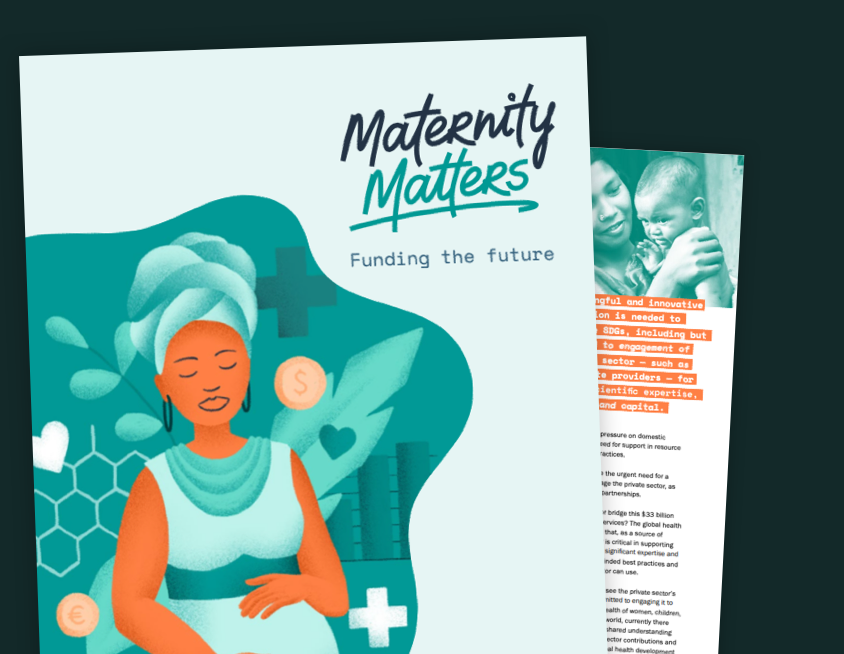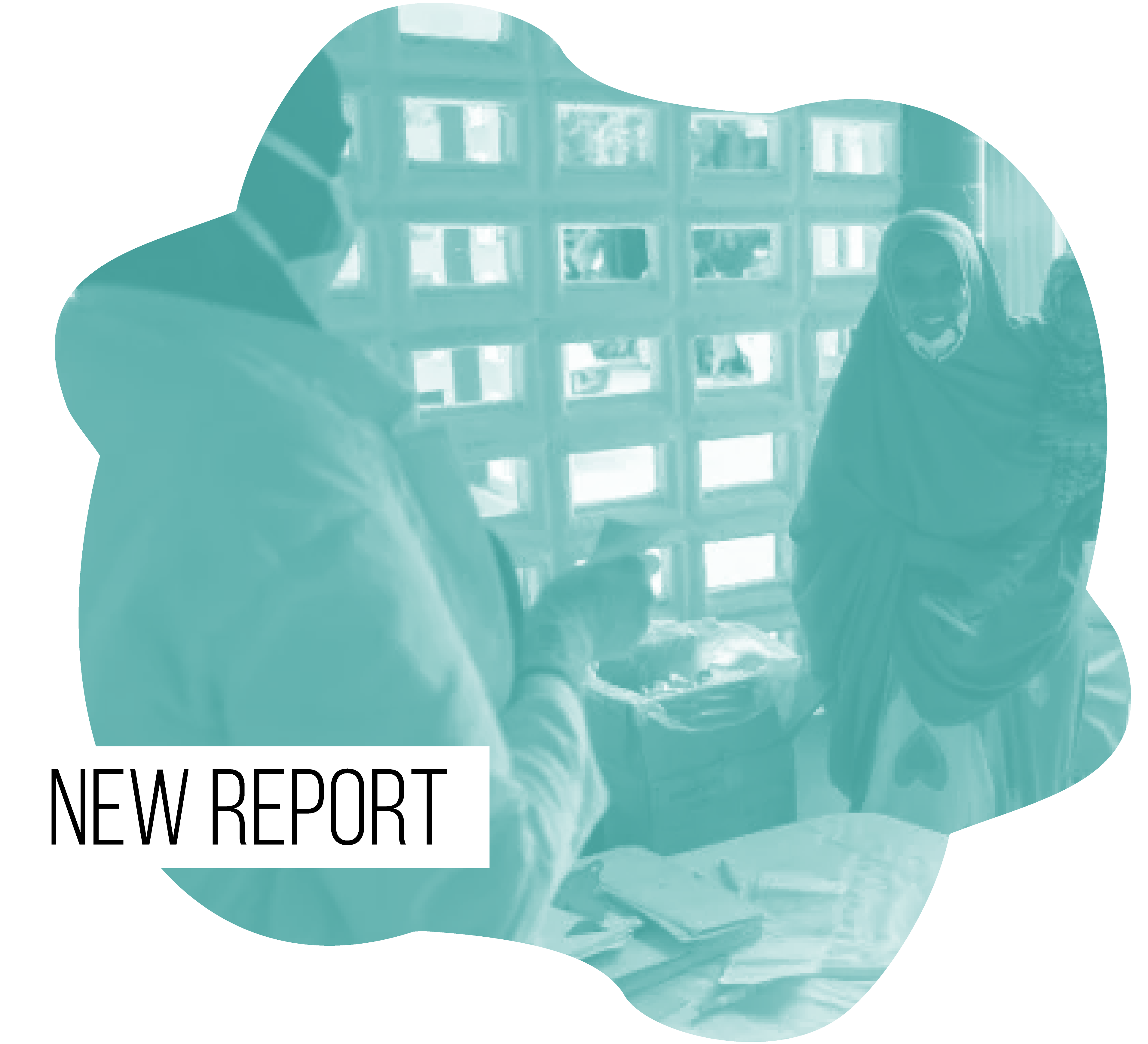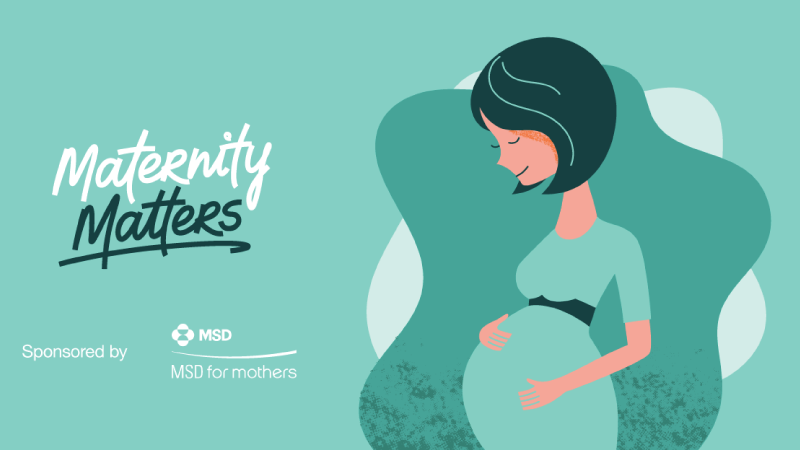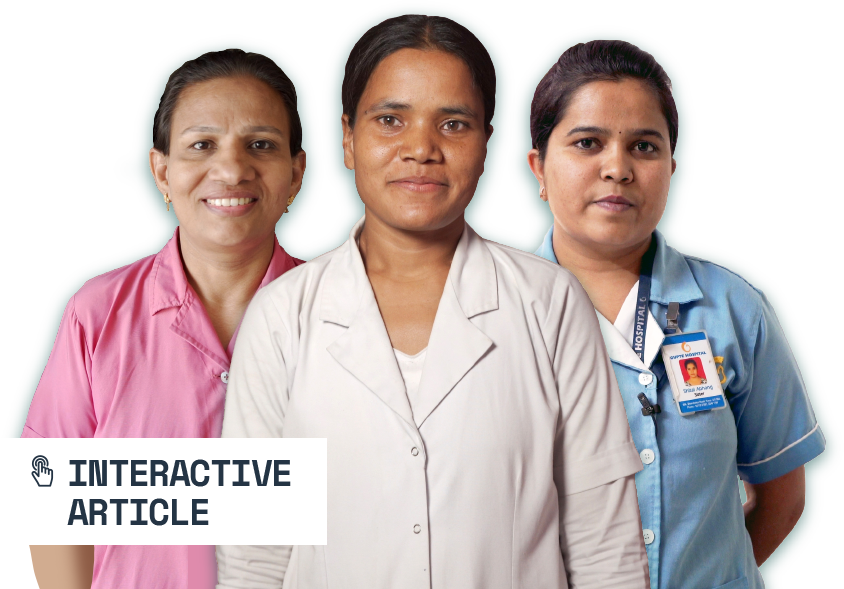Maternity Matters: Funding The Future
This in-depth series will explore how public donor funding is impacting the future of Reproductive, Maternal, Newborn, Child and Adolescent Health ecosystems. Learn more about how we can further elevate coverage of maternal health and circulate best practices and learnings among donors, investors, experts and local communities.
Conversations on reproductive and child health
Achieving SDG 3 will require strong public-private collaboration and engagement with the private sector, including but not limited to business and scientific expertise, innovations, and capital.
The report draws insights from extensive conversations from some of the most senior officials from a range of organizations such as the World Health Organization, Kenya’s Ministry of Health, the United States Agency for International Development, Grand Challenges Canada, Swedfund, Society for Family Health Nigeria and the Global Fund to Fight AIDS, Tuberculosis and Malaria, among others. The collection of these twelve interviews covers a wide variety of topics related to private sector engagement as defined by the Organization for Economic Co-operation and Development.
Part I Part IIDONOR REPORTS: Funding the Future
There is a $33 billion annual financing gap affecting reproductive, maternal, newborn, child, and adolescent health — or RMNCAH — services. Devex in sponsorship with MSD for Mothers is engaging with some of the leading donors in RMNCAH to understand how they work with the private sector to support the health of women, children and adolescents across the world.

Part I: The Global Fund
Part II: Bill & Melinda Gates Foundation, Global Affairs Canada and the Netherlands Ministry of Foreign Affairs
Part III: The World Bank, European Commission, UK FCDO and SIDA / Swedfund
RESOURCE HUB: RMNCAH SOLUTIONS LEVERAGING THE PRIVATE SECTOR
Achieving real change for the SDGs requires building on past successes and applying best practices to create impact and reach scale. Explore the resource hub to learn more about how the private sector is engaging development partners to improve outcomes in RMNCAH.
Private sector expertise and capabilities: Business and scientific expertise to close the innovation gap

Private sector financial instruments: Private capital to close the $33B financing gap
Private sector development: Supporting local private health providers to close the supply gap
More on funding Reproductive, Maternal, Newborn, Child and Adolescent Health
More funding and maternal health news
Produced by
Devex
Devex is the media platform for the global development community. A social enterprise, we connect and inform over 1 million development, health, humanitarian, and sustainability professionals through news, business intelligence, and funding and career opportunities so you can do more good for more people.
Sponsored by
MSD For Mothers
MSD for Mothers is MSD’s $500 million initiative to help create a world where no woman has to die while giving life. For nearly a decade, the initiative has focused its efforts on generating fresh thinking and catalyzing new approaches to help end the longstanding challenge of maternal mortality.
Globally, every two minutes, a woman dies from complications related to pregnancy and childbirth, however, most of these deaths are preventable when women have access to modern contraception and quality maternal health care before, during and after childbirth. MSD for Mothers takes a holistic approach to addressing the community factors and inequalities that impact maternal health, leveraging the private sector for our shared public good to help improve maternal health and help end preventable maternal deaths. By focusing energy where the need is greatest, MSD for Mothers is making progress in having an impact on women’s lives and, at the same time, strengthening capacity for sustained impact through mixed health systems on health care delivery today and tomorrow.
MSD for Mothers is an initiative of Merck & Co., Inc., Kenilworth, NJ, U.S.A..


















